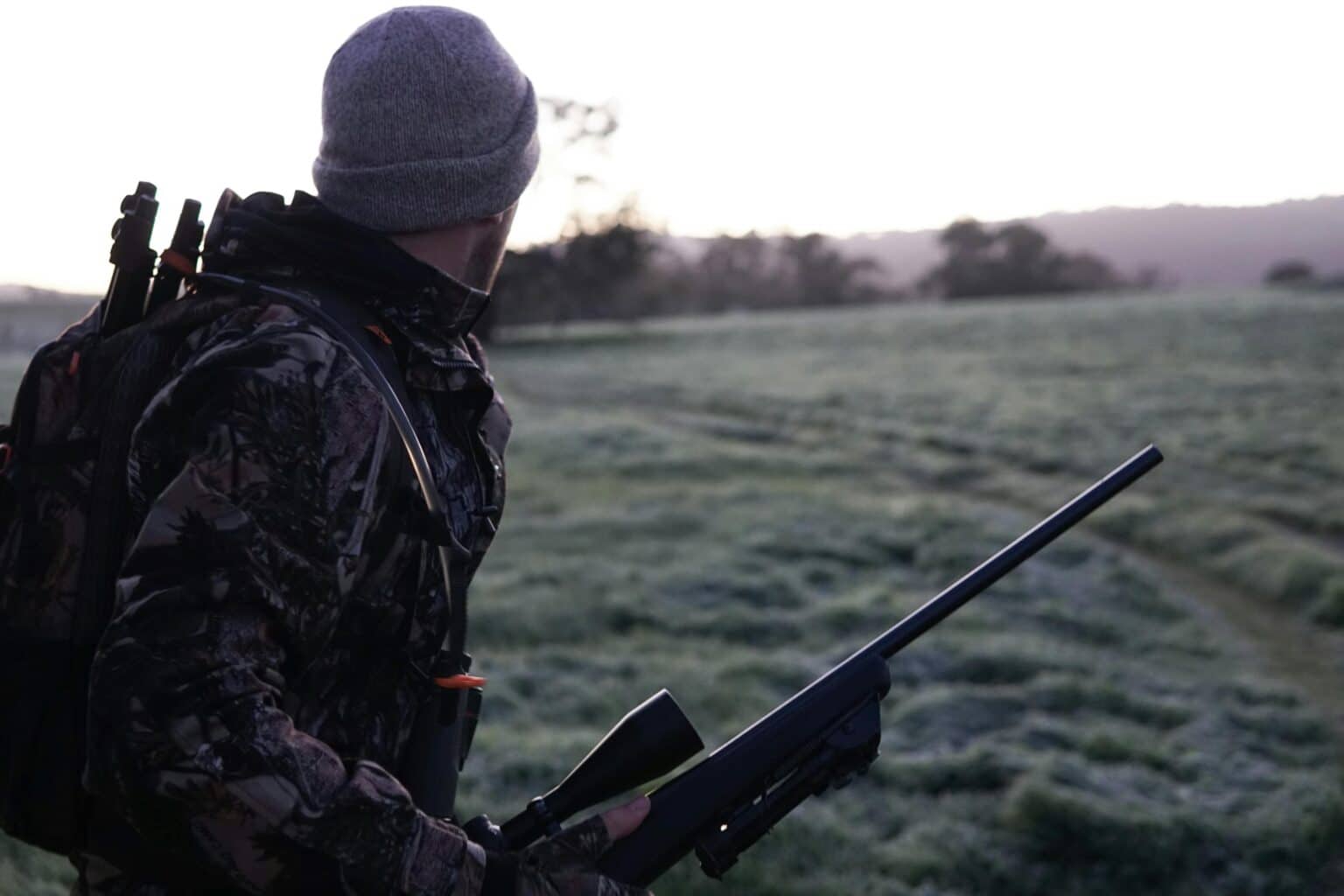Prolonged exposure to loud noises can result in permanent damage to our sense of hearing, and the crack of a gunshot is no exception. Unfortunately, many hunters overlook the importance of ear protection while out in the field, which can lead to significant damage to their ears as a result.

How Does Loud Noise Damage Hearing?
When sound waves enter our ears, they travel through the ear canal, are amplified by the eardrum and small bones in our middle ear, and then roll over delicate sensory cells, which translate those sound waves into electrical impulses for the brain to interpret.
Loud noises, with their wide sound waves, enter our ears with a destructive crash, and their force causes damage to those sensory cells. When these cells are damaged, they are unable to transmit electrical sound impulses to the brain. Hearing loss caused by exposure to loud noise is known as noise-induced hearing loss (NIHL), and it’s estimated that 40 million Americans suffer from this condition.
What Hearing Protection Is Available?
Hunters rely on a strong sense of hearing to stay alert and track their game, which is why hearing protection can be difficult for hunters; a basic pair of earmuffs may impede their ability to hunt. The good news is that there is a wide range of hearing protection available, specifically designed to meet the needs of hunters. Most hunting earmuffs and earplugs can isolate the exact frequencies needed to hear the sounds of the field, while suppressing the loud, damaging gun blasts.
How Else Can I Prevent NIHL?
- Take breaks. After a loud noise, give your ears some time to rest and recover from the blast. While this won’t undo the immediate damage, it can prevent compounding damage from several loud noises in a row.
- Shoot in open areas. Shooting in open areas allows the gunshot sounds to dissipate more quickly, rather than bouncing back off walls or other obstacles. Shooting in confined or indoor spaces will sound louder.
- Use a suppressor. They may not silence a gunshot, but they do muffle the sound, protecting your ears from the worst of the damage. It is legal to hunt with a suppressor in Maine.
- Choose your gun wisely. Caliber size and barrel length can affect the volume of the blast.
When to Visit an Audiologist
If you’re concerned about hunting season and the effect of gunshot sounds on your hearing, call Gary D. Schwartzberg, Au.D., Doctor of Audiology today to book a hearing evaluation. Early detection is key with NIHL. We can help you track hunting’s impact on your hearing and treat it as it happens, as well as give further advice on preventative measures against NIHL. Call today to find out more.